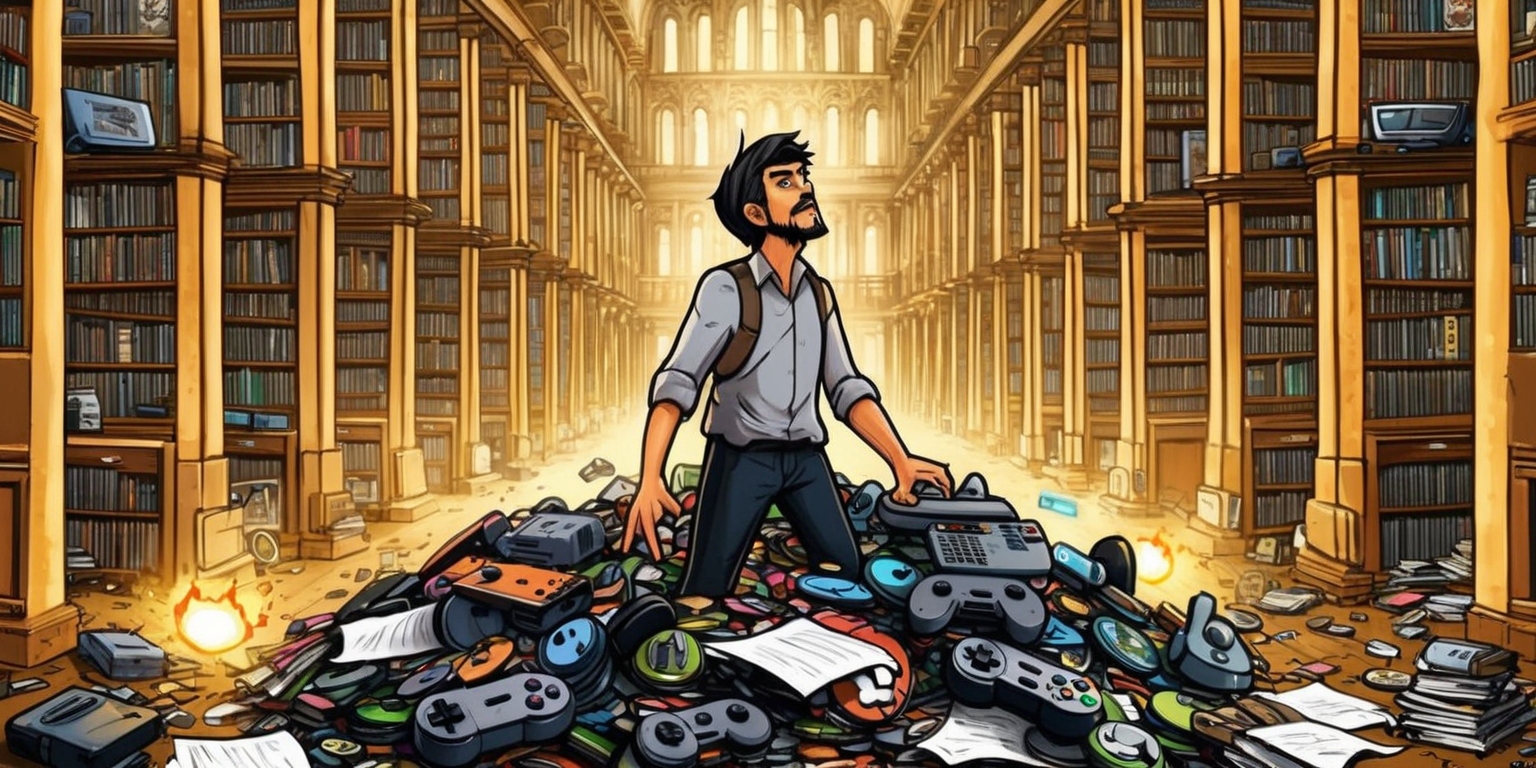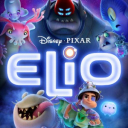Rising Concerns: The Battle Against Unoriginality in the Booming Gaming Industry
Jan-17-2025

The realm of video game creation is persistently evolving to grow rapidly, with an unparalleled number of titles surfacing each year. In 2024 alone, over 19,000 games made their debut on Steam, reflecting an equally impressive volume across all major home consoles and an unquantifiable surge in mobile gaming. Amidst this exciting influx of creativity, there are instances where some seek to profit by leveraging the hard work of others in questionable ways. Recent occurrences have raised eyebrows, and one such case has emerged in connection with a future listing on the PlayStation Store.
A new title, Anime Life Sim, is projected to be available on Sony's platform by February 2026. The storefront's visuals reveal that it has borrowed heavily from the iconic Animal Crossing: New Horizons—a game originally created for the Nintendo Switch. In addition, the description of this game suggests that its similarities to established titles extend beyond mere visual aesthetics. It invites players to "Create your perfect anime life in this delightful social simulation! Construct your ideal home, befriend your eccentric animal neighbors, and embark on limitless adventures in a lively universe inspired by your favourite life simulators."
This situation highlights another instance of video game-related misconduct, reminiscent of the controversies surrounding previous titles like The Day Before and the well-known Bloodborne Mobile. While seasoned gamers are typically wary of falling victim to such schemes, this raises serious concerns regarding the effectiveness of verification processes within digital game marketplaces to safeguard against future occurrences of this nature.
In summary, the gaming industry is witnessing unprecedented expansion, yet this development brings forth the challenge of ensuring originality and integrity in game development.







